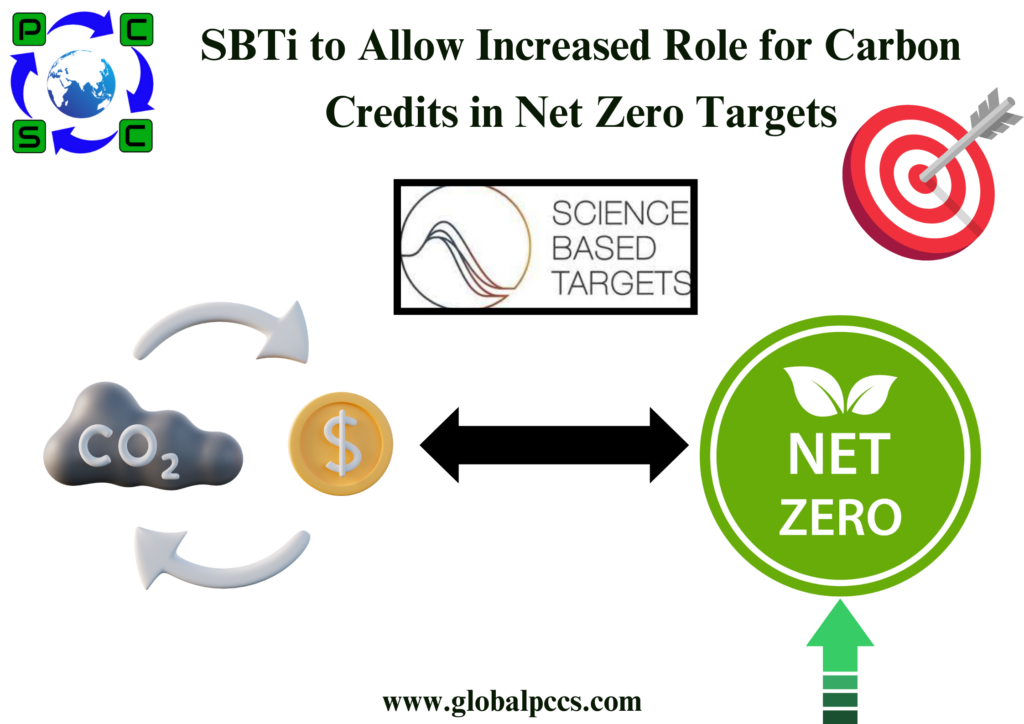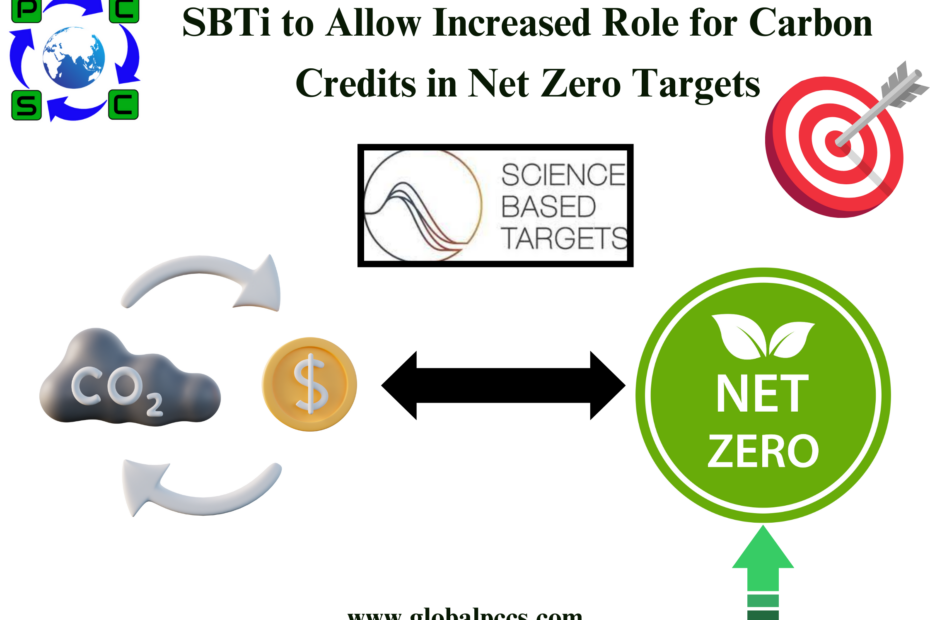 The Science Based Targets initiative (SBTi), one of the key organizations focused on aligning corporate environmental sustainability action with the global goals of limiting climate change, announced plans to extend the use of environmental attribute certificates, such as emissions reduction credits, to tackle Scope 3 value chain emissions, in its standard for corporate net zero target setting.
The Science Based Targets initiative (SBTi), one of the key organizations focused on aligning corporate environmental sustainability action with the global goals of limiting climate change, announced plans to extend the use of environmental attribute certificates, such as emissions reduction credits, to tackle Scope 3 value chain emissions, in its standard for corporate net zero target setting.
The Science Based Targets initiative (SBTi), one of the key organizations focused on aligning corporate environmental sustainability action with the global goals of limiting climate change, announced the launch of its Net Zero Standard, which the organization will use to assess and certify company’s commitments to achieve net zero emissions.
The SBTi was founded in 2015 with the goal to establish science-based environmental target setting as a standard corporate practice. The organizations’ key functions include defining and promoting best practice in emissions reductions and net-zero targets in line with climate science, providing technical assistance to companies who set science-based targets, and providing companies with independent assessment and validation of their emissions reduction targets.
The organization launched its flagship Corporate Net-Zero Standard in 2021, used to assess and certify companies’ decarbonization commitments to achieve net zero emissions and to act as a blueprint for companies’ science-based climate target setting. According to the criteria of the initial standard, science-based net zero would require decarbonization of 90-95% by 2050, with neutralization of residual emissions that are not yet possible to cut.
The new decision by SBTi’s Board of Trustees follows the organization’s announcement earlier this year of plans to revise the Corporate Net Zero Standard, including additional guidance on tackling Scope 3 emissions.
While Scope 3 emissions, which occur in value chain areas outside of companies’ direct control, such as supply chain or use of products, are typically the most difficult to measure and manage, they also make up the vast majority of most companies’ emissions impact, often accounting for more than 90% of emissions overall.
According to a call for evidence issued by the SBTi in September, environmental attribute certificates can include energy attribute certificates for electricity or other energy carrier certificates such as green hydrogen, green gas, and Sustainable Aviation Fuel certificates, emission reduction credits, or certified commodities conveying a specific emission factor, such as green steel.
The decision could potentially have a significant impact on the markets for energy attribute certificates, such as carbon credits, extending their use by thousands of companies globally. The SBTi recently reported that the number of companies with validated science-based climate targets more than doubled over the past year, reaching 4,204 at the end of 2023, compared to 2,079 in 2022, and announced a major scale-up process aimed at meeting surging demand for corporate decarbonization standards and target validation services.
The use of energy attribute certificates under the revised standard would be limited to abatement of Scope 3 emission, and the board said that the standard would include “specific guardrails and thresholds as well as the rules to be applied for these certificates.” The board added that the SBTi will not be involved in validating carbon credits, leaving it to other organizations “better positioned to deal with this activity.”
The board stated in its statement that by July 2024, the SBTi hopes to release a draft that includes fundamental guidelines, cutoff points, and safeguards for the possible use of environmental attribute certifications.








 Authorised IMDS & CDX Training & Consulting partner for
Authorised IMDS & CDX Training & Consulting partner for





